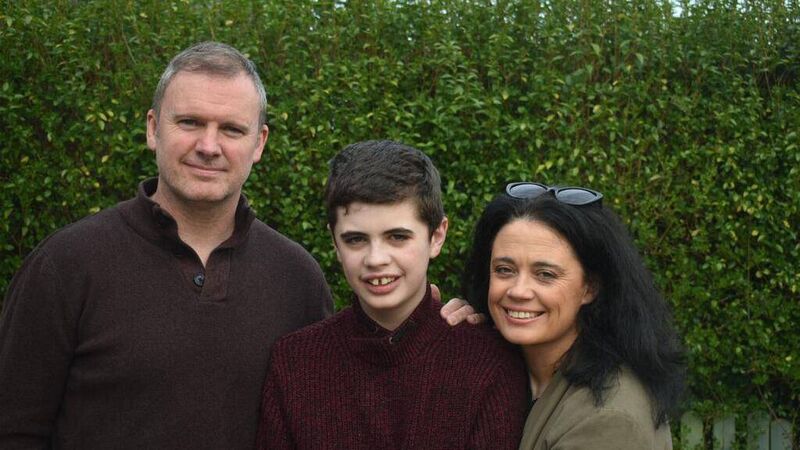Sun, 17 Apr, 2022 - 06:00
Liz Dunphy
Children with disabilities’ lives are at stake due to cruelly insufficient services and their human rights are not being protected, the mother of a Cork teenager with autism has said.
Alison Murphy’s son Darragh, now 15, has autism and a mild learning difficulty.
Already a subscriber? Sign in
You have reached your article limit.
Subscribe to access all of the Irish Examiner.
Annual €130 €80
Best value
Monthly €12€6 / month
Introductory offers for new customers. Annual billed once for first year. Renews at €130. Monthly initial discount (first 3 months) billed monthly, then €12 a month. Ts&Cs apply.
CONNECT WITH US TODAY
Be the first to know the latest news and updates











